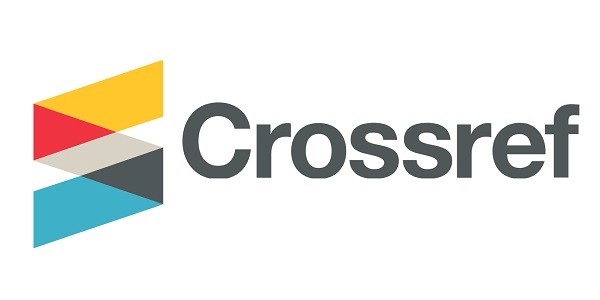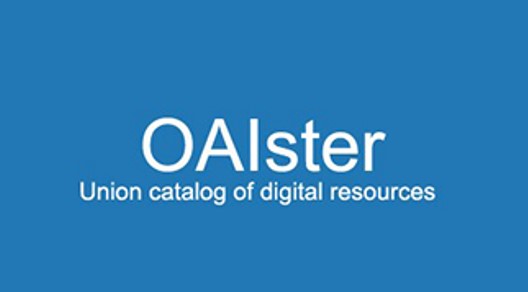Impact of digital inequalities on youth employability in Morocco
DOI:
https://doi.org/10.5281/zenodo.14035490Keywords:
Digital Inequalities, Youth Employability, Labor Market, Morocco.Abstract
This study examines the impact of digital inequalities on youth employability in Morocco, focusing on several key factors such as access to digital infrastructure, digital skills, socioeconomic status, gender, and public policies promoting digital inclusion. Using a sample of 362 young individuals holding diplomas ranging from Bac+2 to Bac+5, the study highlights the dynamics influencing employment opportunities in the context of the increasing digitalization of the global economy. The results reveal that access to digital infrastructure is a significant determinant of employability, with young people who have reliable internet connections and adequate technological equipment enjoying better career prospects. Additionally, digital skills is important, although their impact is less pronounced compared to that of infrastructure. Socioeconomic status also proves to be a determining factor, with young people from privileged backgrounds having a competitive advantage due to better access to digital resources. On the other hand, the place of residence does not have a significant effect on employability, suggesting that digital inclusion initiatives in rural areas may be starting to reduce traditional disparities. Gender emerges as an important factor, with young women facing additional barriers in accessing digital resources and professional opportunities, illustrating the persistence of gender stereotypes and structural barriers. Finally, public policies promoting digital inclusion show a positive impact by increasing employment opportunities for young people, highlighting the importance of government interventions to bridge the digital divide.
Downloads
Published
How to Cite
Issue
Section
License

This work is licensed under a Creative Commons Attribution-NonCommercial-NoDerivatives 4.0 International License.





























